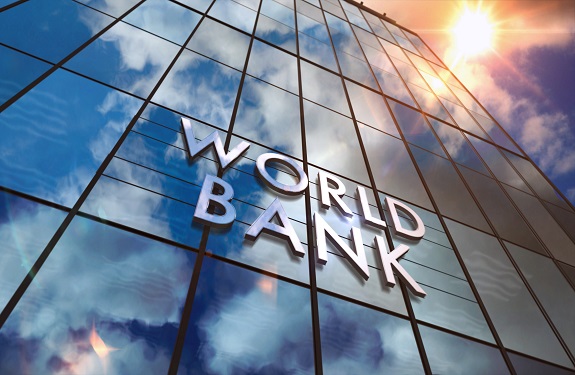Multilateral body, World Bank Group has warned the Nigerian government about continued borrowing from the country’s Central Bank.
The World Bank’s Lead Economist for Nigeria, Alex Sienaert warned that managing the borrowing would reduce the inflationary pressure on the economy. He made the position on Thursday during an economic review session at the Lagos Business School.
Sienaert praised the administration for its recent economic changes but pointed out that these reforms needed to be maintained for the economy to recover from the shocks of the moment and experience significant growth in the near term.
He said, “The whole agenda of tackling inflation is obviously a huge one. Some ideas include reducing subsidized CBN lending to medium and large firms and the government borrowing from CBN.
“All of these things increase the money supply and reducing that will be helpful to reduce inflation, and then replacing imports with FX restrictions with tariffs.”
The World Bank had last month hinted that Nigeria could save up to 3.9 trillion naira ($5.10 billion) this year alone following recent reforms championed by the new administration of President Bola Tinubu.
He added that other strategies would need to be developed to raise more money so that spending could be raised to address the country’s true goals and stressed that the government’s intention to distribute cash palliatives after the elimination of fuel subsidies would enhance the available earnings and income of roughly 50% of Nigerians by 10%.
In the last seven years, advances from the Central Bank of Nigeria to the federal government under former president Muhammadu Buhari increased by 2900% to N23.8 trillion, an extraordinary increase that broke the law, fuelled inflation, and increased the nation’s debt load.
According to the CBN Act, the apex bank may provide short-term loans to the federal government in the event of a temporary income shortfall at a rate that the bank deems appropriate. However, the Act warns that the total amount of such outstanding advances “must not at any time exceed five percent (5%) of the Federal Government’s actual revenue for the preceding year.”


 Sports2 days ago
Sports2 days ago
 Metro2 days ago
Metro2 days ago
 Metro1 day ago
Metro1 day ago
 Culture2 days ago
Culture2 days ago































